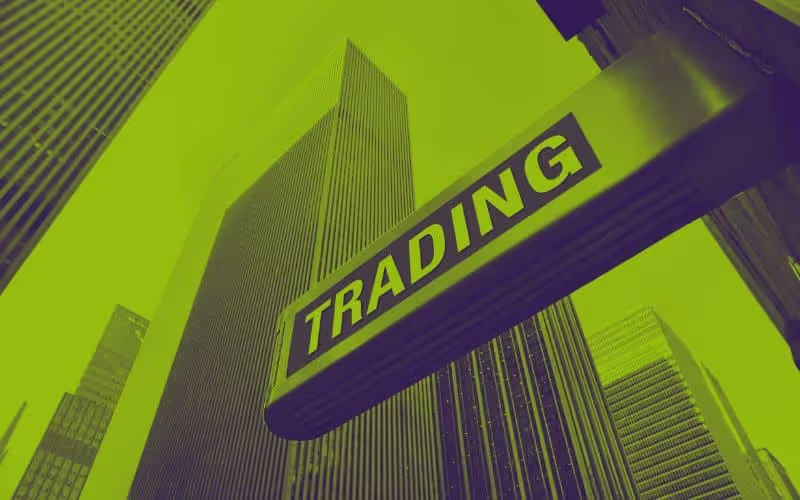
Trade Compliance in 2025: Why Sanctions Screening Is More Critical Than Ever
Trade compliance is the processes and procedures by which goods enter and exit a country in adherence to relevant laws, regulations and other requirements of the countries from which the goods are being imported or exported. This incorporates many aspects of international trading, including training, classification, trade risk, import duties and taxes, certifications, and country-specific import licensing and approvals.
In 2025, regulators are intensifying their scrutiny of the shipping and trade sectors—including the banks that finance global transactions and the insurers that underwrite cargo. Trade compliance now extends beyond goods and paperwork to include buyers, sellers, ports, shipping routes, and vessels—all of which may trigger red flags under international sanctions regimes.
As global supply chains become more interconnected and geopolitical risk increases, businesses that trade across borders face heightened regulatory pressure and growing complexity. Staying compliant is no longer optional—it’s essential to protect operations, reputation, and access to international markets.
{{snippets-guide}}
The Importance (and Challenges) of Trade Compliance
Trade compliance ensures that goods, services, and transactions adhere to applicable international laws, economic sanctions, and export control regulations. It plays a crucial role in maintaining ethical and legal business practices across borders.
Failure to comply can result in:
- Financial penalties and blocked shipments
- Reputational damage
- Regulatory investigations or enforcement action
- Trade bans or exclusion from international markets
Yet navigating trade compliance isn’t straightforward. Businesses often contend with:
- Fragmented and non-harmonised regulatory frameworks across jurisdictions
- Constantly changing rules with little notice
- Pressure to reduce costs and deliver quickly while maintaining compliance
- Document-heavy workflows vulnerable to fraud, forgery, and evasion tactics
Trade-based money laundering, terrorist financing, and sanctions evasion via complex trade routes and intermediaries are increasingly common. Manual due diligence is no longer sufficient to catch risks at scale.
Key Trade Compliance Requirements
International trade compliance spans multiple components, each requiring careful documentation and vetting:
Tariff Classification
Countries must classify all goods using globally recognised systems such as the Standard International Trade Classification (SITC) to ensure correct duties and taxes are applied.
Preferential Origin
Countries with preferential trade agreements can benefit from reduced or zero tariffs, provided goods meet specific origin criteria.
Incoterms (International Commercial Terms)
These define the responsibilities of buyers and sellers, including who handles compliance obligations, customs clearance, and risk during shipping.
Customs Management
Proper documentation and compliance with import/export protocols are essential for smooth customs clearance and to avoid delays or penalties.
Fair Valuation
Goods must be accurately priced to prevent undervaluation schemes used to commit fraud or evade taxes and duties.
Licensing
Many goods require import or export licenses, which vary by country, product type, and end-user.
Export Controls
Sensitive goods (e.g. dual-use technologies or military-grade equipment) must meet export licensing and end-use certification requirements.
Sanctions & Denied Party Screening
Buyers, sellers, shippers, and consignees must be screened against sanctions lists and restricted/denied party lists published by authorities such as:
- OFAC (U.S. Treasury Department)
- EU Consolidated List
- UN Security Council Sanctions List
Screening should cover direct and indirect ownership, including beneficial owners. Customers and suppliers must be vetted using sanctions lists or restricted/denied parties lists to ensure that goods are not destined for a sanctioned person, company or country. These lists are published by country-specific regulatory bodies, in the US for example the Office of Foreign Assets Control (OFAC) and updated regularly. Sanctions screening must be factored into the overall due diligence process and include ownership evaluations. To learn more about sanctions screening, sanctions.io's Ultimate Sanctions Screening Guide is an excellent resource to get started.
{{snippets-case}}
Becoming Compliant
Some businesses have entire teams that continually assess trade compliance regulations in order to keep abreast of regulatory changes, sanctions and high-risk countries in order to avoid penalties, shipment delays and reputational risk. Thankfully, technology and a few additional steps can mitigate the risks companies, and financial entities face from regulators by:
- Identifying risks upfront
- Maintaining and creating audit trails to satisfy regulatory checks
- Staying current with ever-changing regulations
Data is collected and checked at every stage of the trade, and software is updated to keep ahead of the best practices required by entities like OFAC and FATF as well as governments around the globe. If you want to know how you can improve your Sanctions compliance process, please feel free to reach out to our sanctions.io team.



